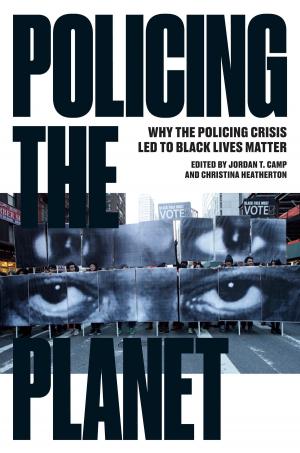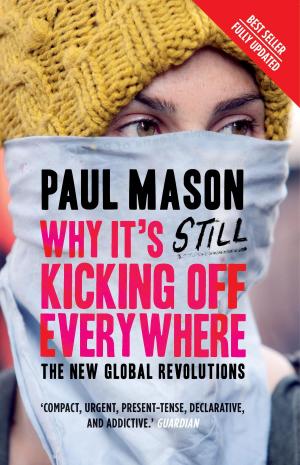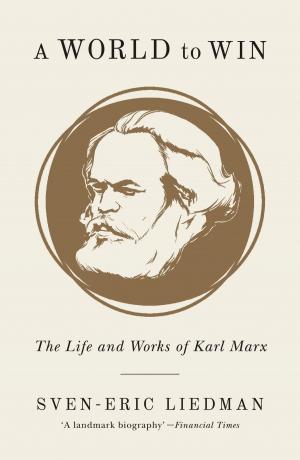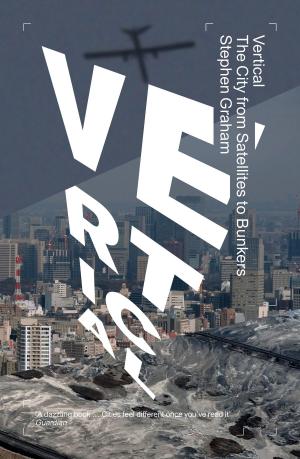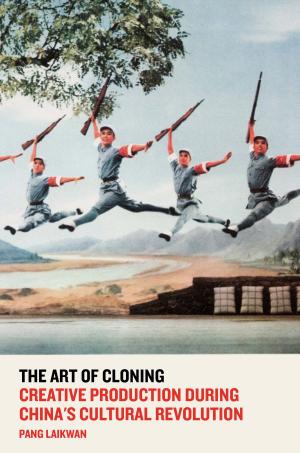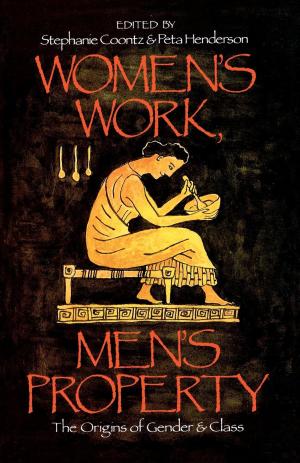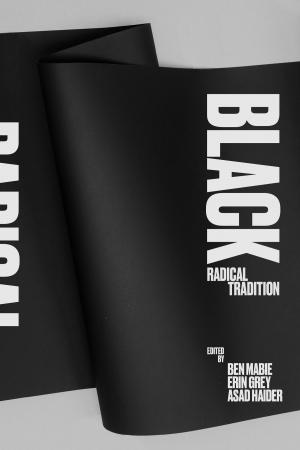Masks Of Anarchy
The History Of A Radical Poem, From Percy Shelley To The Triangle Factory Fire
Fiction & Literature, Literary Theory & Criticism, Poetry History & Criticism, Comics & Graphic Novels, Non-Fiction, Nonfiction, History, Modern, 19th Century| Author: | Michael Demson | ISBN: | 9781781682296 |
| Publisher: | Verso Books | Publication: | July 2, 2013 |
| Imprint: | Verso | Language: | English |
| Author: | Michael Demson |
| ISBN: | 9781781682296 |
| Publisher: | Verso Books |
| Publication: | July 2, 2013 |
| Imprint: | Verso |
| Language: | English |
Masks of Anarchy tells the extraordinary story of Percy Shelley’s poem “The Masque
of Anarchy,” from its conception in Italy and suppression in England to the moment it became a
catalyst for protest among New York City workers a century later.
Shelley penned the poem in 1819, after hearing of the Peterloo Massacre, where British cavalry
charged peaceful political demonstrators near Manchester. His words would later inspire figures
as wide-ranging as Henry David Thoreau and Mahatma Gandhi—and also Pauline Newman, the
woman the New York Times called the “New Joan of Arc” in 1907. Newman was a Jewish immigrant who worked in the Triangle Shirtwaist Factory, and came to be a leading organizer—and
the first female organizer—of one of America’s most powerful unions, the International Ladies’
Garment Workers’ Union. As she marched with tens, sometimes hundreds of thousands of New
Yorkers in the streets, Shelley’s poem never ceased to inspire her.
“Shake your chains to earth like dew,” it implores. “Ye are many—they are few.”
Masks of Anarchy tells the extraordinary story of Percy Shelley’s poem “The Masque
of Anarchy,” from its conception in Italy and suppression in England to the moment it became a
catalyst for protest among New York City workers a century later.
Shelley penned the poem in 1819, after hearing of the Peterloo Massacre, where British cavalry
charged peaceful political demonstrators near Manchester. His words would later inspire figures
as wide-ranging as Henry David Thoreau and Mahatma Gandhi—and also Pauline Newman, the
woman the New York Times called the “New Joan of Arc” in 1907. Newman was a Jewish immigrant who worked in the Triangle Shirtwaist Factory, and came to be a leading organizer—and
the first female organizer—of one of America’s most powerful unions, the International Ladies’
Garment Workers’ Union. As she marched with tens, sometimes hundreds of thousands of New
Yorkers in the streets, Shelley’s poem never ceased to inspire her.
“Shake your chains to earth like dew,” it implores. “Ye are many—they are few.”


